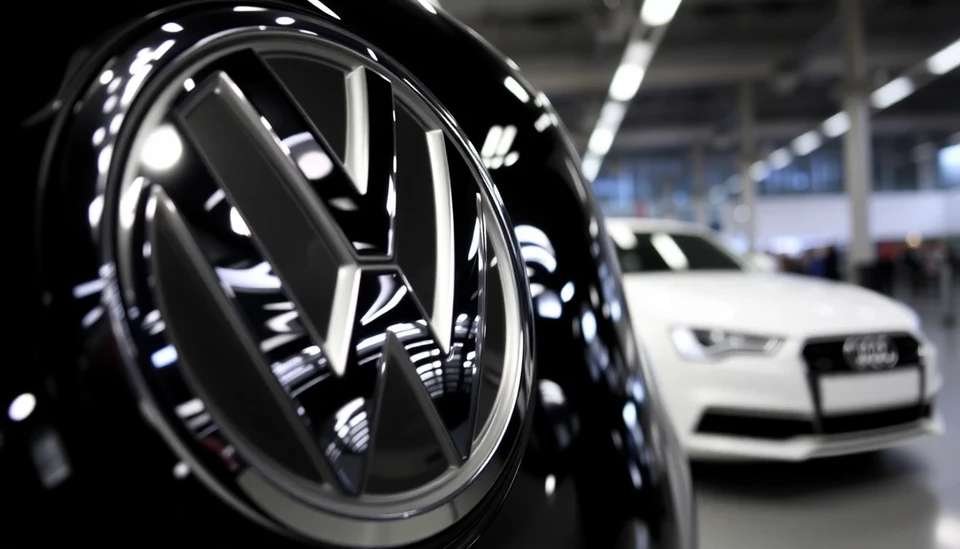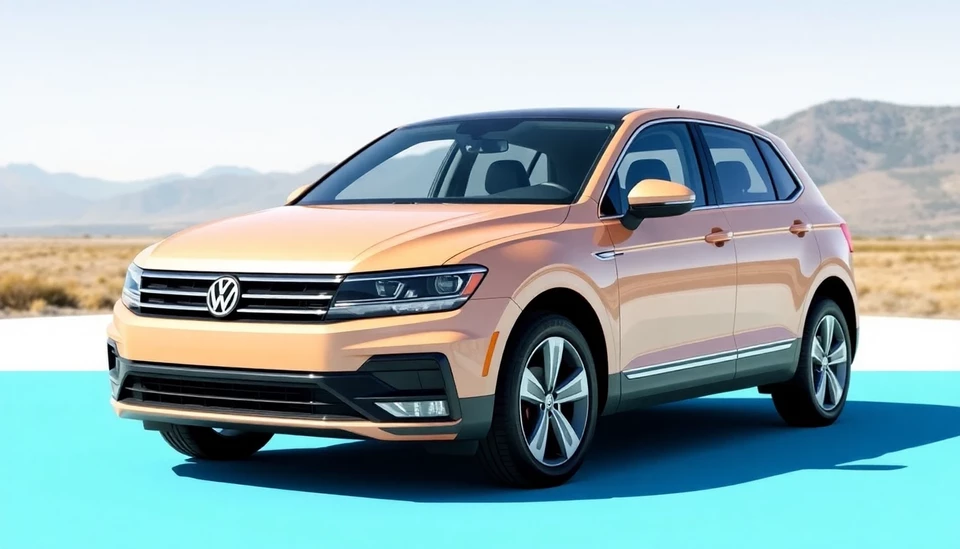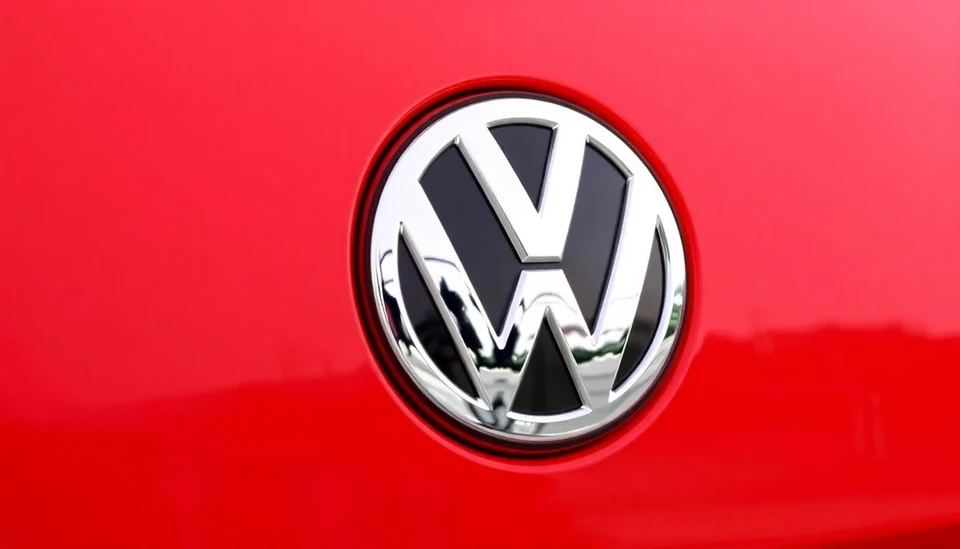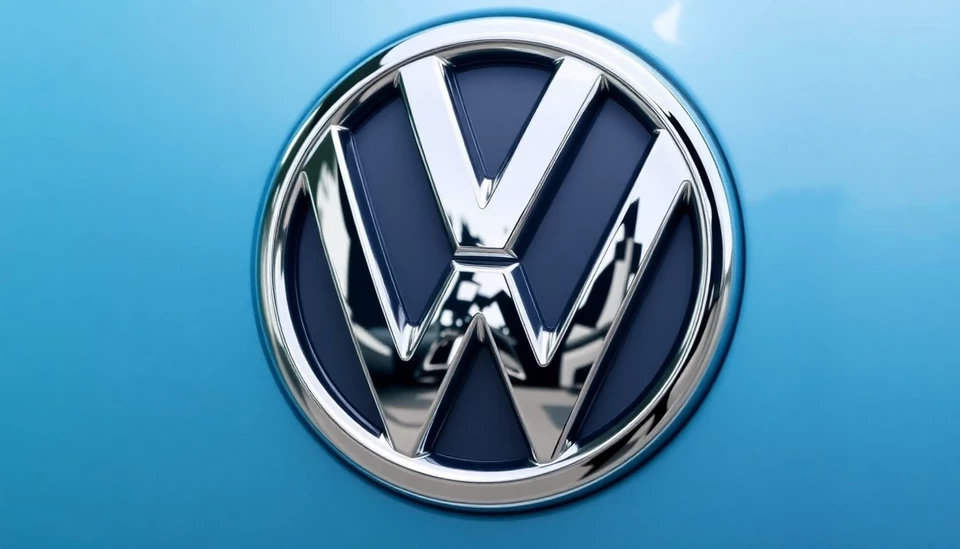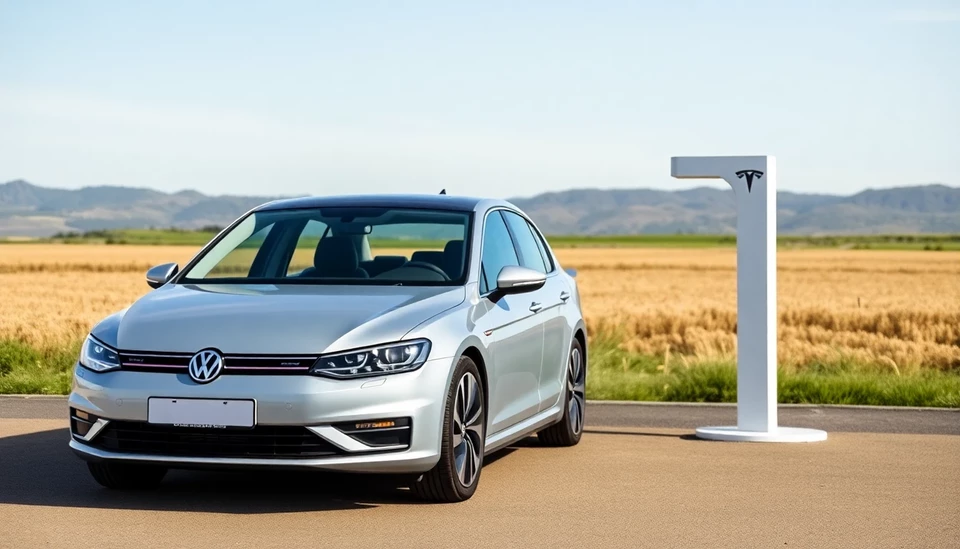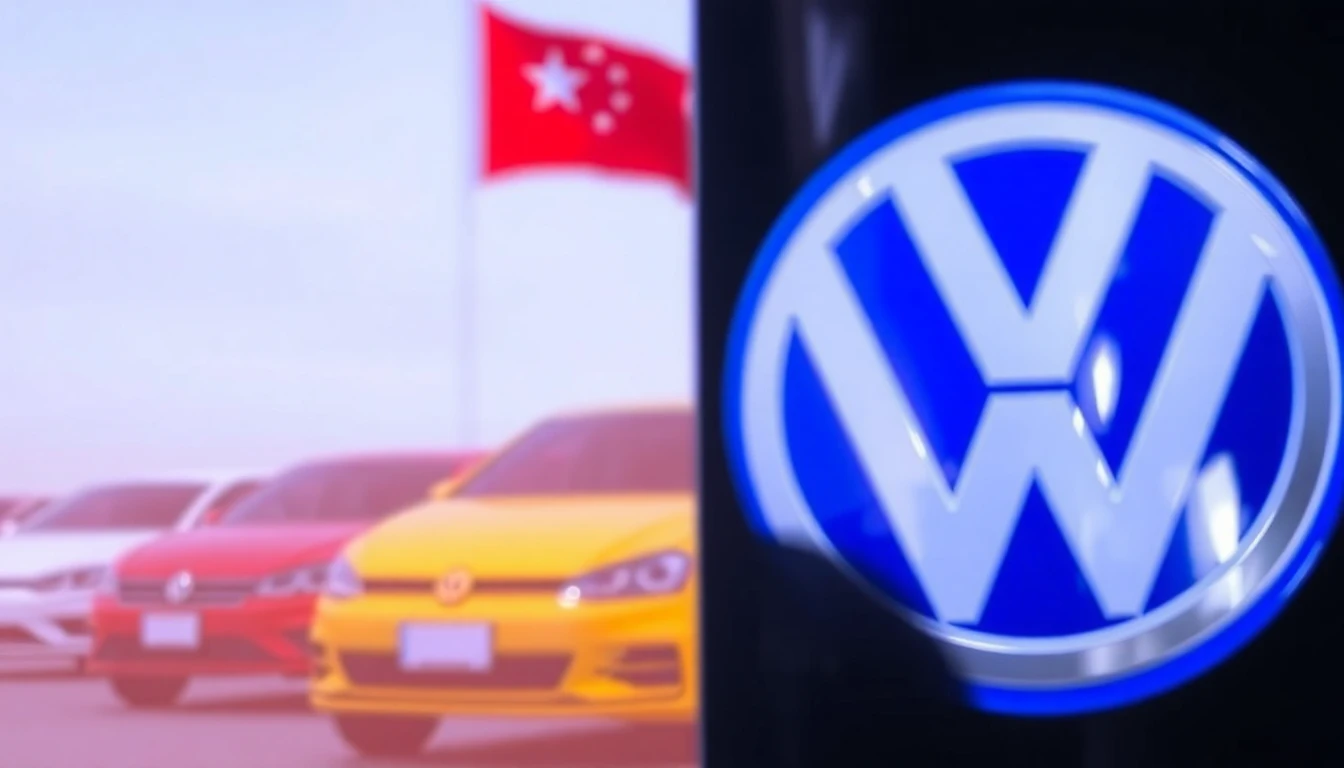
The escalating trade tensions between Europe and China have caught the attention of Volkswagen AG, one of the world's leading automobile manufacturers. According to a recent report by Bild, Volkswagen's Chief Executive Officer, Thomas Schäfer, has expressed concerns over the possibility of China imposing retaliatory tariffs, a move that could significantly impact the global automotive industry.
Schäfer's warning comes in light of the growing friction between European and Chinese trade policies. As European markets continue to scrutinize and, in some cases, restrict the importation of Chinese electric vehicles, China might be considering its own set of countermeasures. The retaliation could manifest as tariffs, directly affecting European carmakers and their market share in the lucrative Chinese economy.
The CEO emphasized the interconnectedness of global trade, particularly noting that Volkswagen, which has substantial manufacturing and sales operations in China, could bear the brunt of such retaliatory measures. The implications for Volkswagen are significant, given China accounts for a significant portion of the company’s revenue and production operations.
Analysts have indicated that the European car industry is already navigating through challenging landscapes, marked by the transition to electric vehicles and the need to meet stricter emissions standards. Additional tariffs from China could further strain Europe's automotive sector, leading to increased production costs and potentially higher prices for consumers worldwide.
Further complicating the scenario is the potential diplomatic response required to mitigate these tensions. Schäfer urged policymakers to engage in constructive dialogues with their Chinese counterparts, emphasizing the need for a resolution that supports mutual economic growth and stability. He highlighted that balanced and open trade relations could prevent the escalation into a full-blown trade war, which would not only disrupt automotive markets but could also ripple through other sectors reliant on international trade.
This development comes at a time when global trade relations are increasingly under scrutiny, with countries reassessing and reconfiguring their economic priorities in response to geopolitical tensions and shifts. A tit-for-tat tariff regime between China and Europe could have far-reaching effects, possibly prompting other nations to reassess their trade strategies and dependencies.
As the situation unfolds, Volkswagen, along with other stakeholders in the automotive industry, are closely watching for any new developments from Beijing or Brussels. The outcome of these tensions could shape the future landscape of international trade, especially in high-stakes industries such as automotive manufacturing.
For now, Schäfer and other industry leaders are calling for steady diplomacy, urging governments to work towards a solution that prevents the deterioration of trade relations. The focus remains on ensuring that markets remain accessible, competitive, and beneficial for both entities involved.
In conclusion, as Europe and China navigate these challenging trade waters, corporate leaders like Schäfer remain vigilant, advocating for policies that uphold the principles of free and fair trade to safeguard the interests of businesses and consumers alike.
#Volkswagen #China #TradeTensions #Tariffs #AutomotiveIndustry #GlobalTrade #ElectricVehicles #ThomasSchäfer #VWCEO #EconomicStability
Author: Rachel Greene
